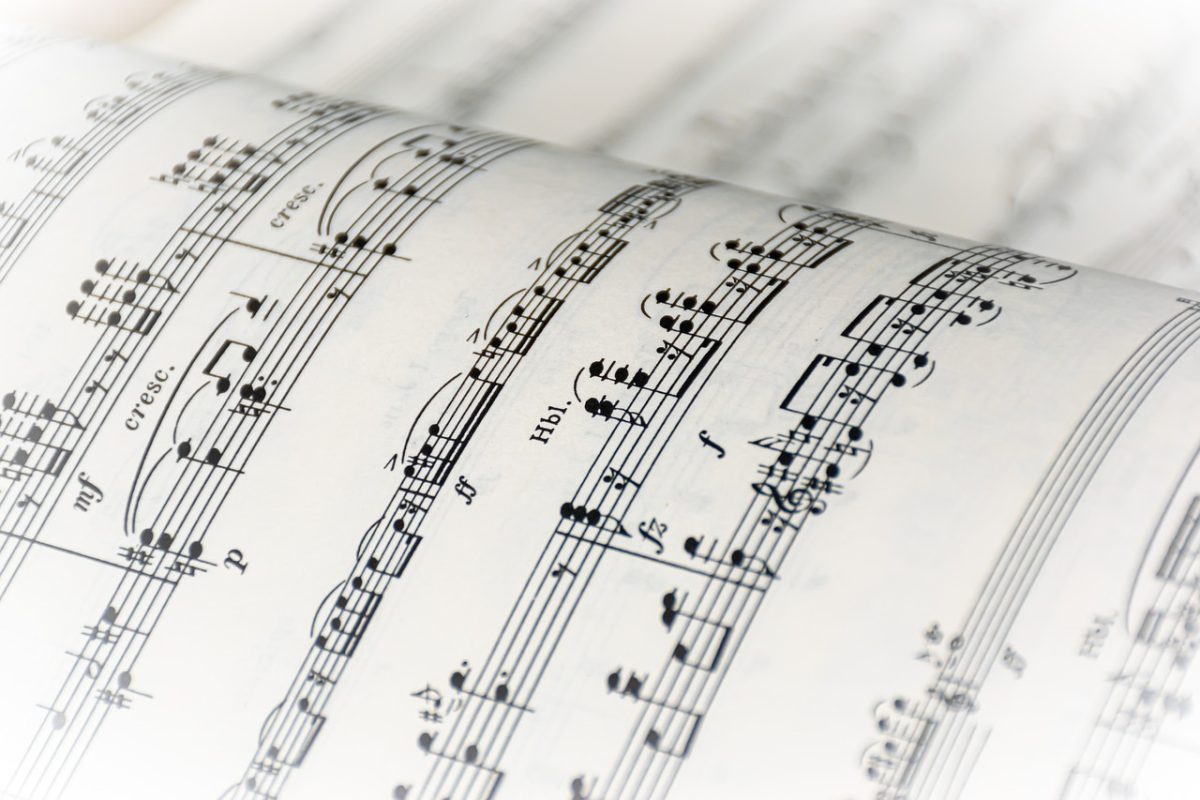Why is it that a simple melody can evoke emotions you didn’t know you were bottling up, or transport you to a memory you thought was long forgotten? Music has a way of touching the deepest parts of who we are—our minds, our bodies, and even our souls.
Mentally, music acts as a bridge to our emotions. It triggers the release of dopamine, flooding us with moments of joy, like the warmth of a summer day or the rush of excitement from our happiest memories; nostalgia from a familiar song from our childhood, letting us relive that moment of youth; sorrow, the buried heartaches we try to bottle up that echo in the distance; and even emotions we can’t describe. At the same time, some music lowers stress hormones like cortisol, helping us feel grounded. Certain rhythms and tones can sharpen our focus or unlock memories buried deep within us.
Physically, music resonates in ways we might not expect. Its rhythm syncs with our heartbeat, speeding it up or slowing it down, while its vibrations can influence our breathing and even reduce pain by releasing endorphins. For example, upbeat music with a fast tempo can boost performance during a workout by increasing heart rate and motivation. While slow and calming music can lower blood pressure and ease stress after a long day. It creates an atmosphere of serenity. Music is one of the most powerful tools for balancing the body.
And then there’s its emotional power—a song can make us feel connected deeply to others, express what we can’t put into words, and fill the void of experiences we believed we were alone in. For instance, when we dance and sing along to music, it brings a feeling of unity with the people around us. Knowing that others share our feelings about music strengthens our sense of identity, making us feel connected, understood, and safe within a community. Music doesn’t just fill the silence; it shapes how we experience the world and ourselves.

